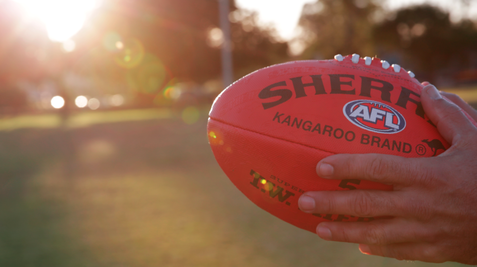 It has been a very different year in regard to local community sports and how/ if they are running due to COVID-19 restrictions. It is great to see some sports happening again and bringing with it many positive benefits for our physical, mental and over wellbeing. Although the preparation for this year’s winter sports has not ran as usual and as a result meant players physical fitness and condition may not be quite up to scratch. When the game day and training demands are much higher than a player’s current physical capacity are not quite meeting up it can increase the likelihood of injury significantly. This can be due to pushing your body harder that it is capable of at that point of time, placing increased stress on each of your body systems. Why is injury more likely? It’s no secret that the first few games of any sporting season usually make you feel more fatigued than usual and this is largely due to the body not being accustomed to the high degree of sport specific demands that are placed on the body. Weather it is the high contact nature of football or the short sharp bursts of speed needed in hockey, the body takes a little while to re-adjust to sport when you first get back into it. The difference in regard to the 2020 sporting seasons is that as structured trainings during the pre-season have not been able to occur as much, your body has not had the time to prepare adequately. If you are a player who relies heavily on building your fitness level during structured training sessions and complete little extra independently at home, you may have put yourself at a higher risk of injury due to a lack of preparation. For those not competing in elite level sport and not training regularly in the off season it is normal for declines in muscular strength, endurance and general conditioning to occur. This is then built up again over the off season, conditioning the body for competition intensity and loads. When this conditioning has not occurred the risk of injury increases as the body tries to complete more than it can handle. Depending on the sport and the specific movement patterns, different areas of the body are more susceptible to injury. For example, footballers are more likely to have a knee or lower limb muscle tear whereas netballers are more inclined to experience ankle and knee joint related issues. Ways to help outside of game day? So how can you help to prevent injuries and prepare yourself for sport?
How to help on game day?
I know we are all loving having sport back on in the community and we hope that you are too. Try implementing a few of these tips to help you stay in the game all season! By Aleisha Michael Accredited Exercise Physiologist
0 Comments
Your comment will be posted after it is approved.
Leave a Reply. |
AuthorSLisa Parkinson Archives
July 2024
Categories
All
|

 RSS Feed
RSS Feed